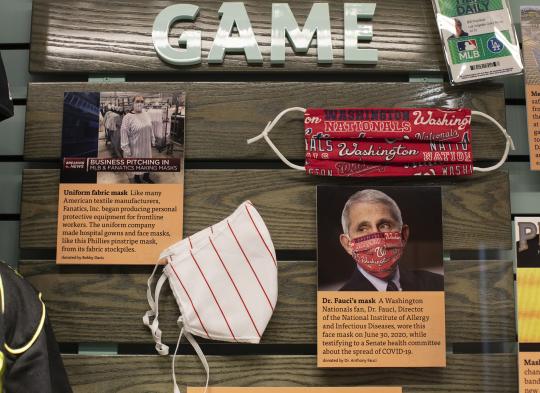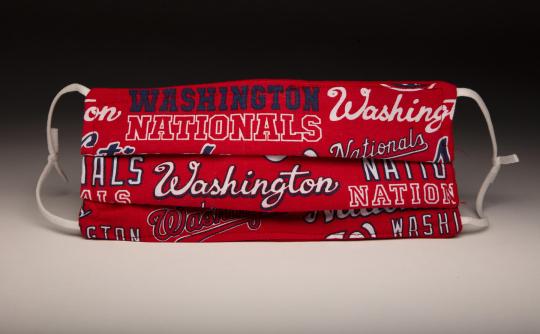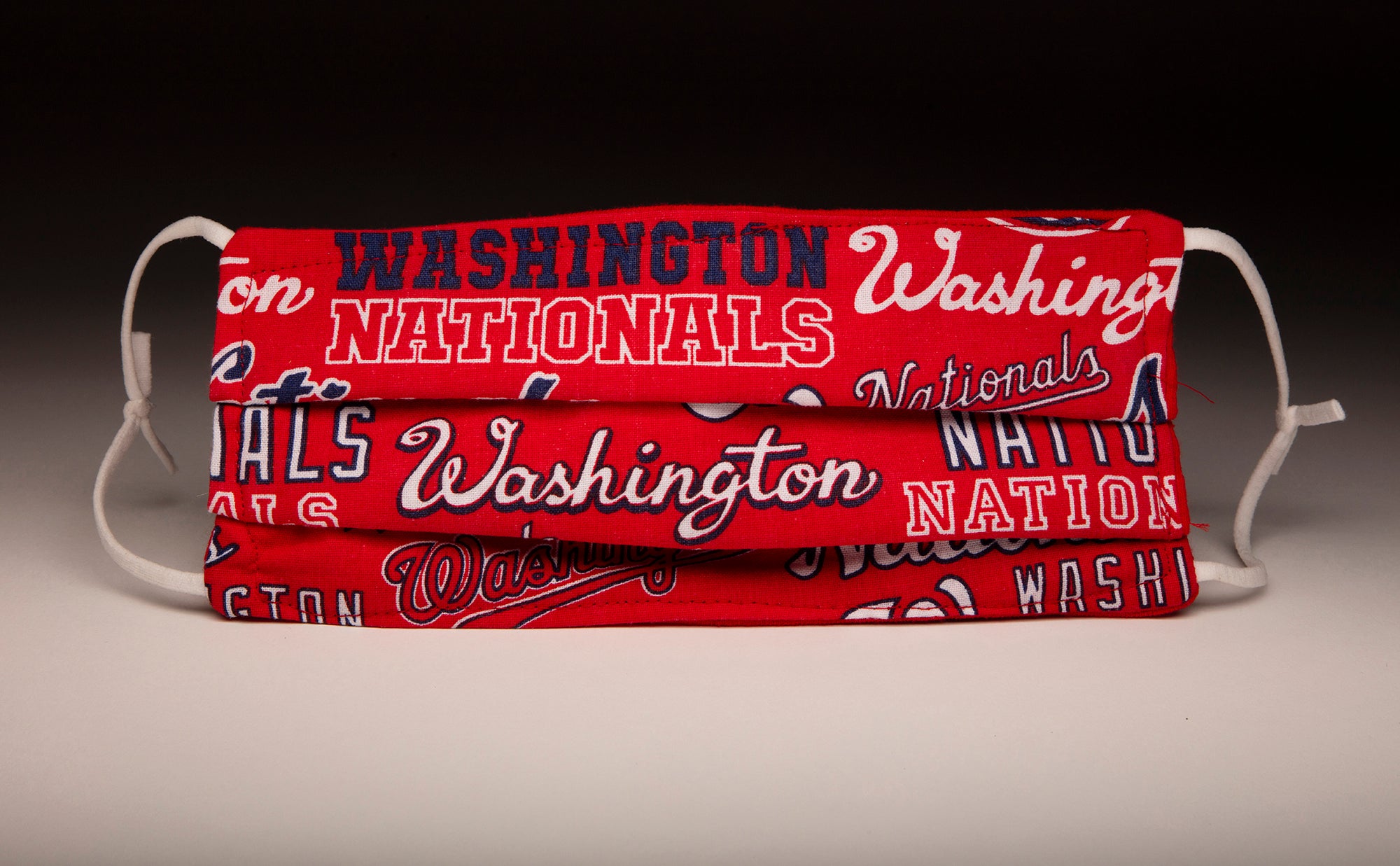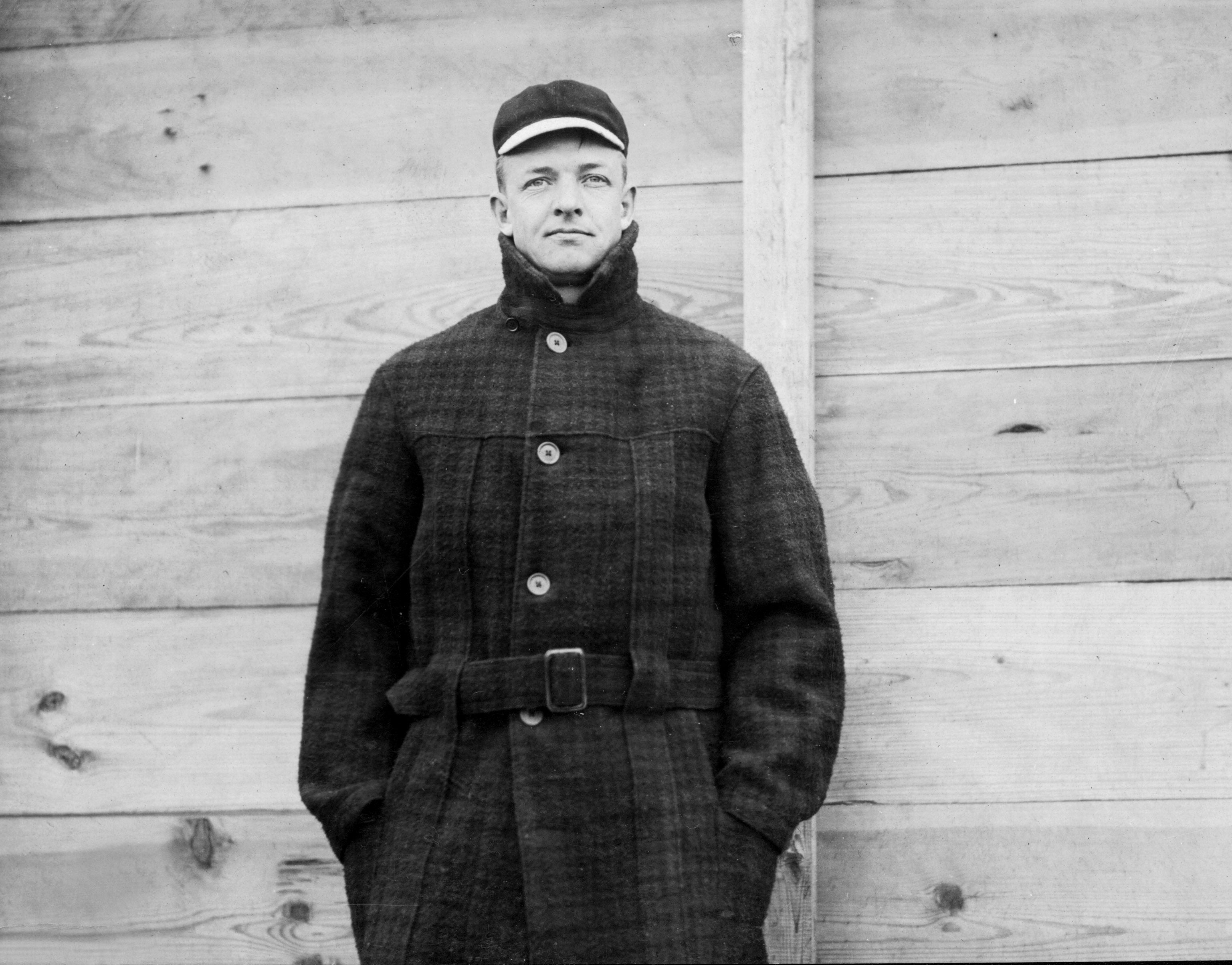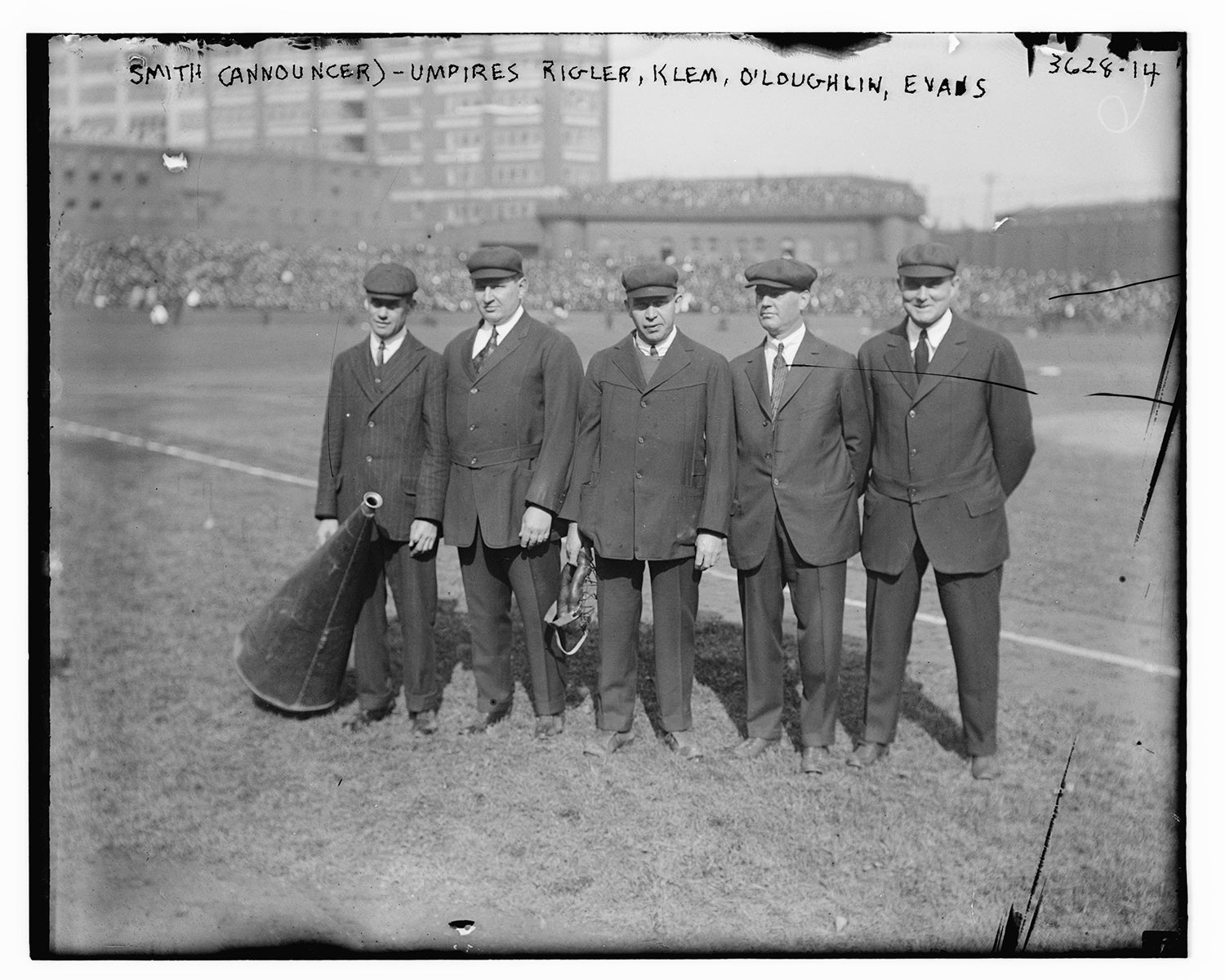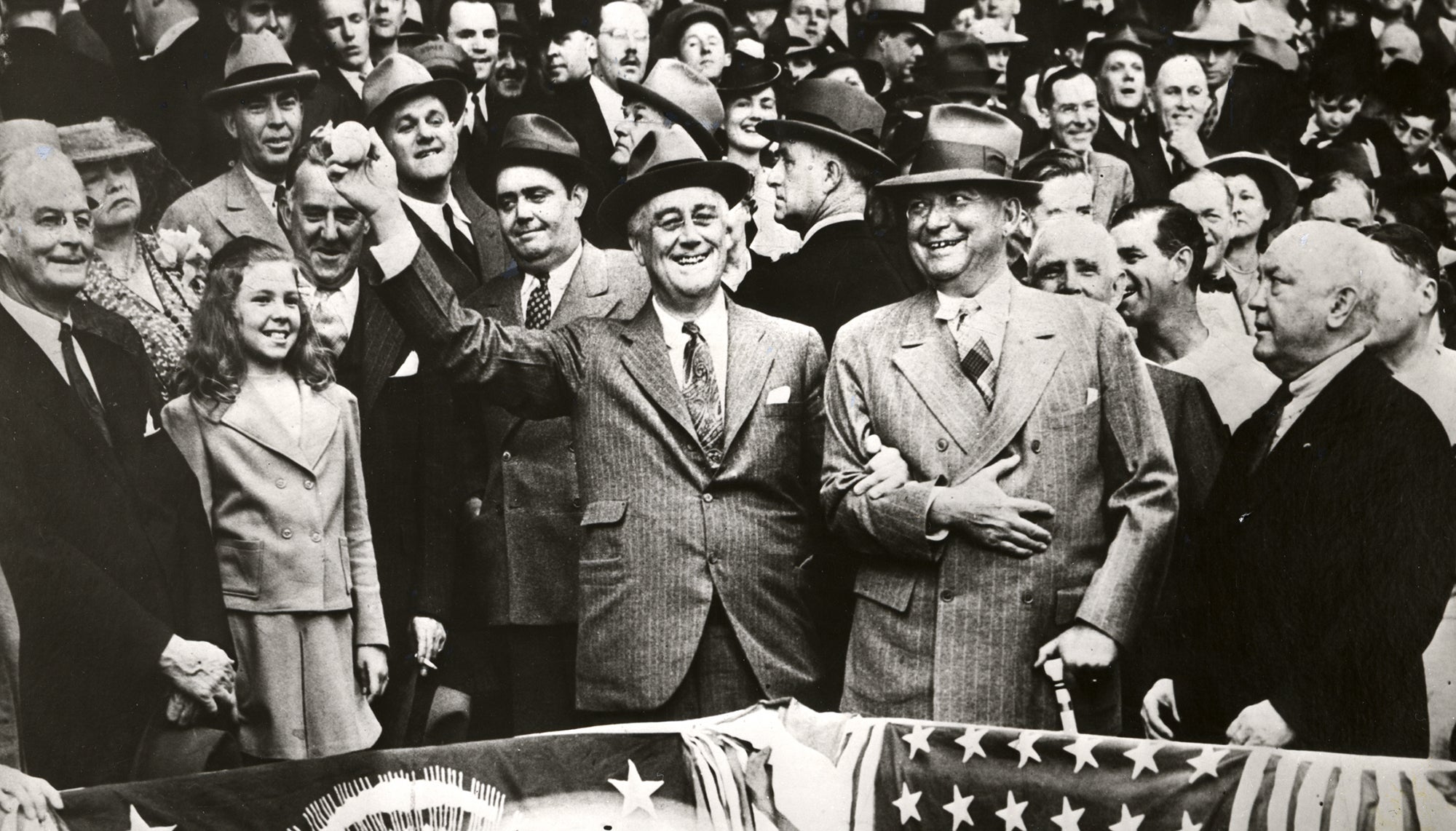Artifacts tell the story of baseball in a pandemic
While the 2020 big league season was certainly unprecedented – the game having been played in the midst of a pandemic – the National Baseball Hall of Fame and Museum is able to share with its visitors this unique part of the game’s history.
On the Museum’s second floor, the Whole New Ballgame exhibit has as part of its Today’s Game case a special section with nine artifacts devoted to the COVID-19 story and how it affected the National Pastime.
Hall of Fame Membership
There is no simpler, and more essential, way to demonstrate your support than to sign on as a Museum Member.
Official Hall of Fame Apparel
Proceeds from online store purchases help support our mission to preserve baseball history. Thank you!
Pitchers and catchers reported to Florida and Arizona per usual in early February, but as the coronavirus swept across the United States, Major League Baseball canceled Spring Training on March 12. Soon, the start of the regular season, scheduled for March 26, was delayed.
While the country struggled to contain the virus, MLB and the players union negotiated how to bring baseball back responsibly. On July 6, Commissioner Rob Manfred announced a 60-game schedule – with new rules and safety measures – that began on July 23.
“This has been an unprecedented year with the Covid-19 virus, and it has affected every aspect of our lives. Baseball, of course, has seen extreme changes due to the pandemic,” said Erik Strohl, the Hall of Fame’s Vice President of Exhibitions and Collections. “The Hall of Fame felt it was very important to document how the virus affected the game, and how we consume and interact with it as a culture.”
Face coverings, a ubiquitous item in the fight against coronavirus, also play a role in the Hall of Fame’s new section, including: a Washington Nationals face mask worn by Dr. Anthony Fauci, the director of the National Institute of Allergy and Infectious Diseases, on June 30, while testifying to a Senate health committee about the spread of COVID-19; a face mask produced by the Pittsburgh Pirates that subtlety changes its pirate’s customary bandana; and a Philadelphia Phillies facemask produced by Fanatics, Inc., a uniform company that made personal protective equipment like a number of American textile companies for frontline workers.
“From games with no fans to cancelled and abridged seasons to changes in rules, it seemed to many a game that was hard to recognize,” Strohl said. “But baseball's resiliency has mirrored that of the nation, adapting to the present circumstances in the best way it could.
“By collecting as many different items as possible to tell this story, we hope to make a record for posterity about how just one small portion of our lives was changed by these unique circumstances.”
Bill Francis is the senior research and writing specialist at the National Baseball Hall of Fame and Museum

